Microsoft’s new Edge browser officially lands on Linux in preview, now runs on all the major platforms
2 min. read
Published on
Read our disclosure page to find out how can you help Windows Report sustain the editorial team. Read more
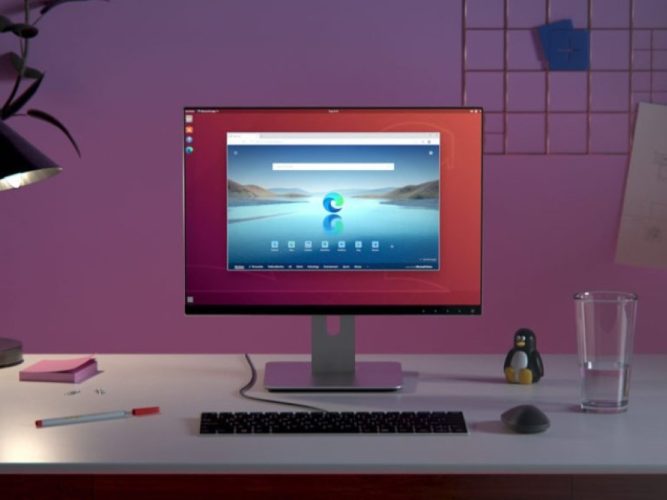
After a tease earlier this year at Ignite 2020, Microsoft is officially rolling out Microsoft Edge Dev to Linux. This marks a big moment for the web browser, as, with Linux included, it now runs on all the major desktop and mobile platforms, including Windows, Android, iOS, and MacOS.
This initial Edge Dev release on Linux will support the Ubuntu, Debian, Fedora, and openSUSE distributions. According to Microsoft, this Linux release is also designed for web developers. The company wants to provide the same web platform and developers tools as macOS or Windows, but on Linux. This is so that developers can “can build and test in the preferred environment and be confident in the experience customers will have on other devices.”
As a result, this version of Edge on Linux lacks some consumer features. The initial release doesn’t support signing into Edge via a Microsoft Account or an Azure Active Directory Account. It also doesn’t support the syncing of favorites or settings. Microsoft says this will be coming in a later preview.
Just like on Windows, Edge Dev on Linux will get weekly builds. You can install Edge today on Linux by going to the Edge Insider website and downloading a .deb or .rpm package. Of course, you also can download the packages manually too via the terminal after setting up Microsoft’s repository, as Microsoft explains step by step, here.
In other news, if you’re running Edge Dev on Windows 10 and the other desktop platforms, you’ll see a new build today, too. Coming in at version 88.0.673.0, this week’s release adds a few things. New is the ability to take a screenshot of a webpage and add ink to it. New is extra error information to tabs when they crash due to sandbox conflict. There are also some new management policies, too. You can learn more about everything that’s changed here, at Microsoft.
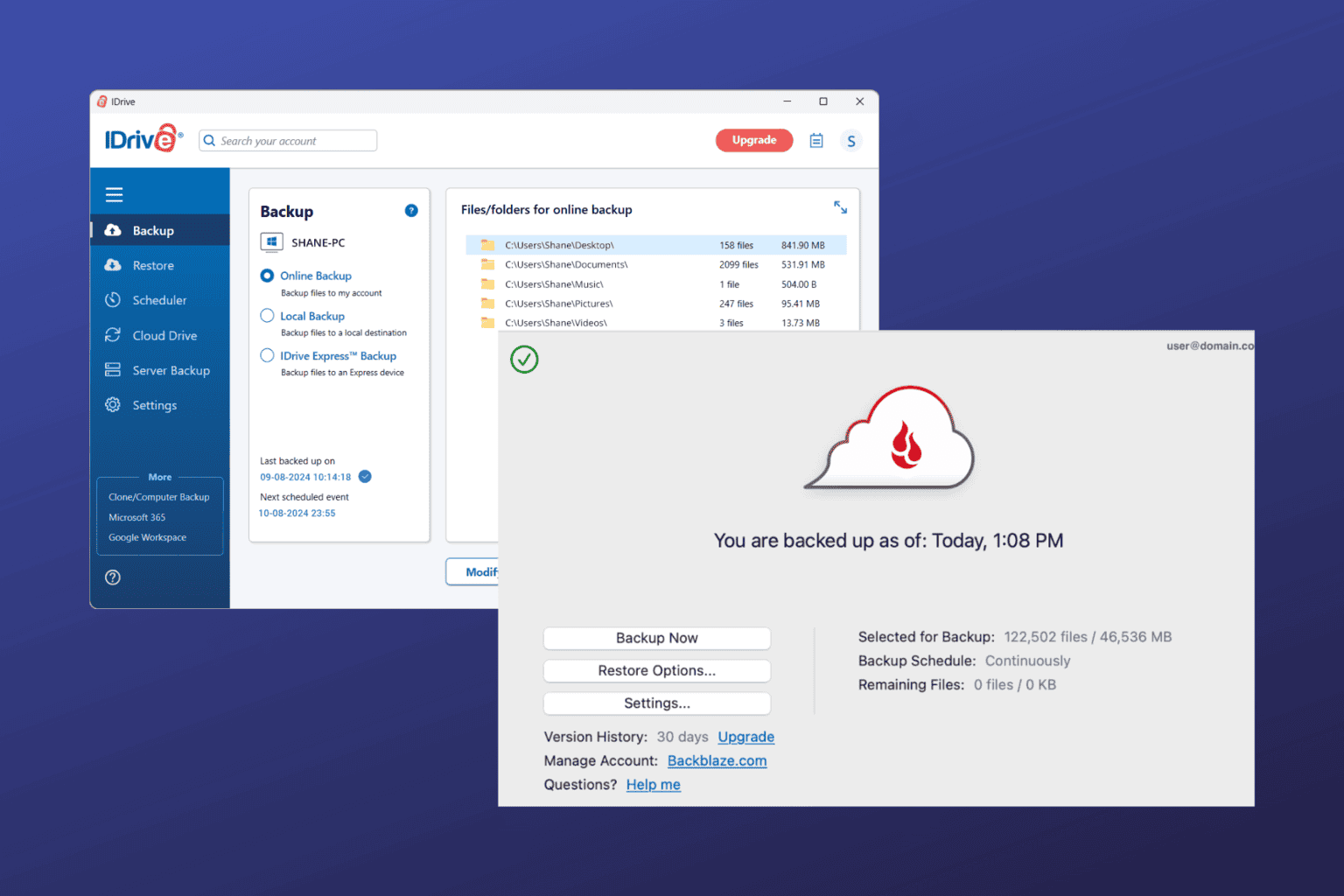
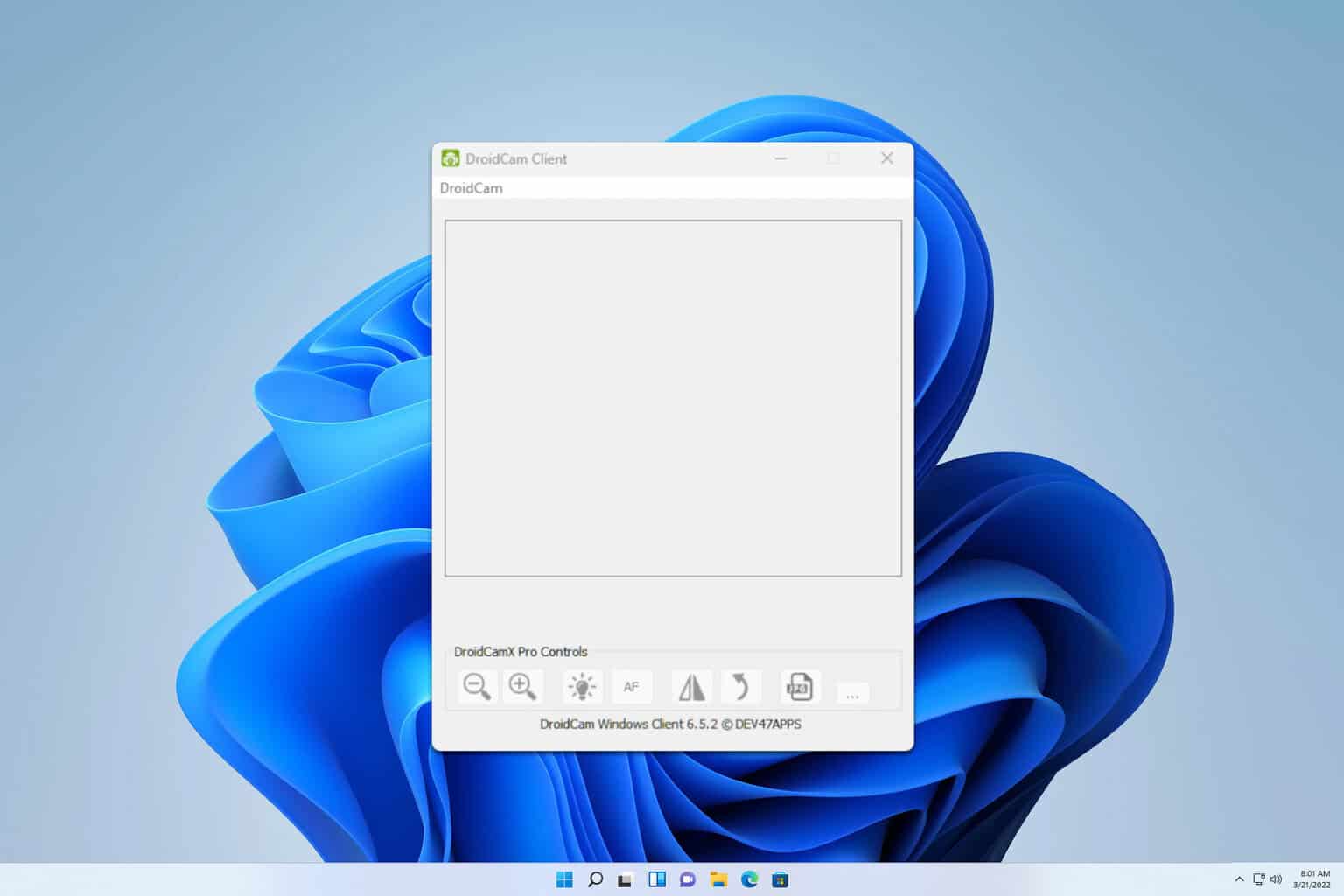
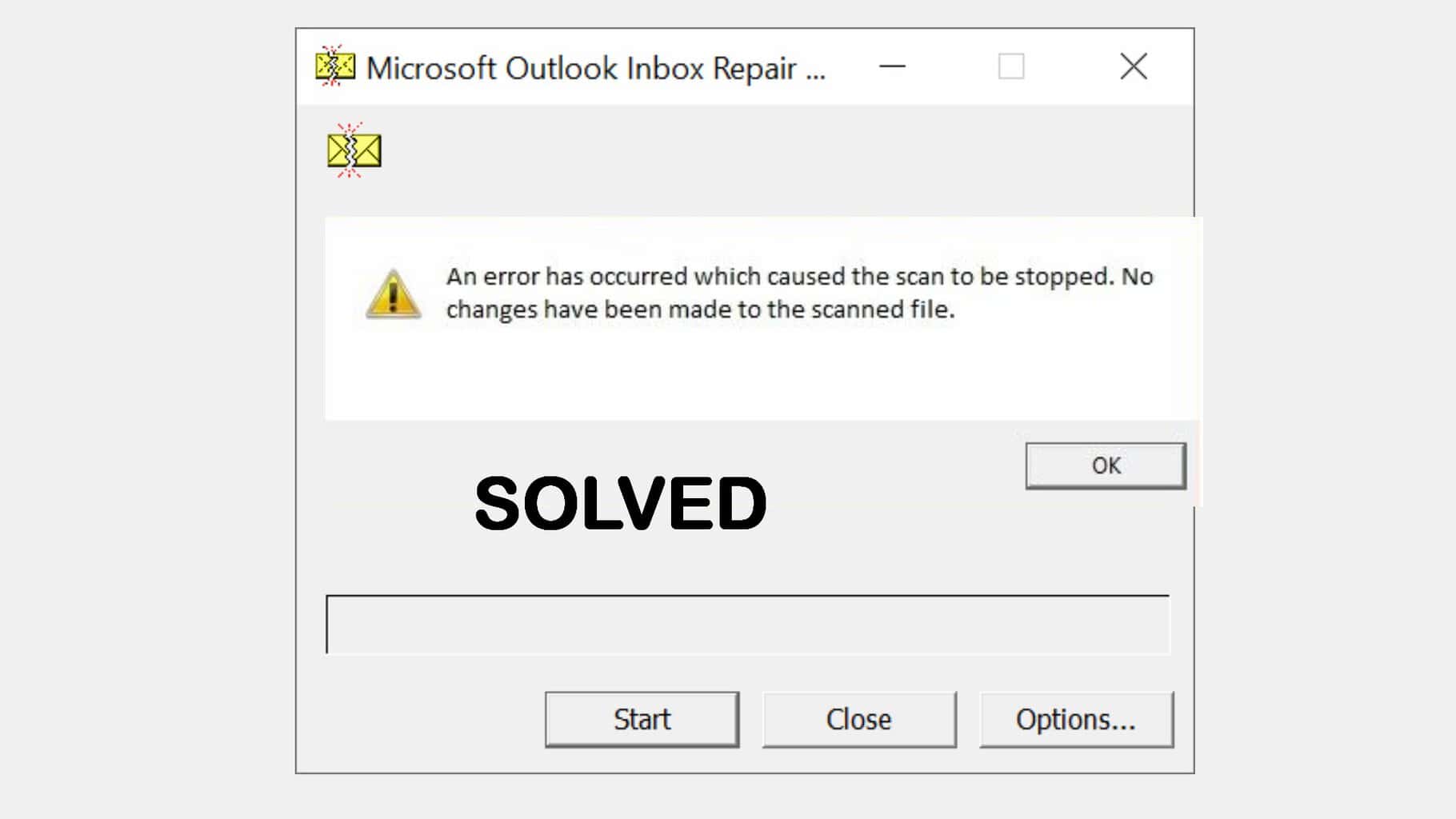
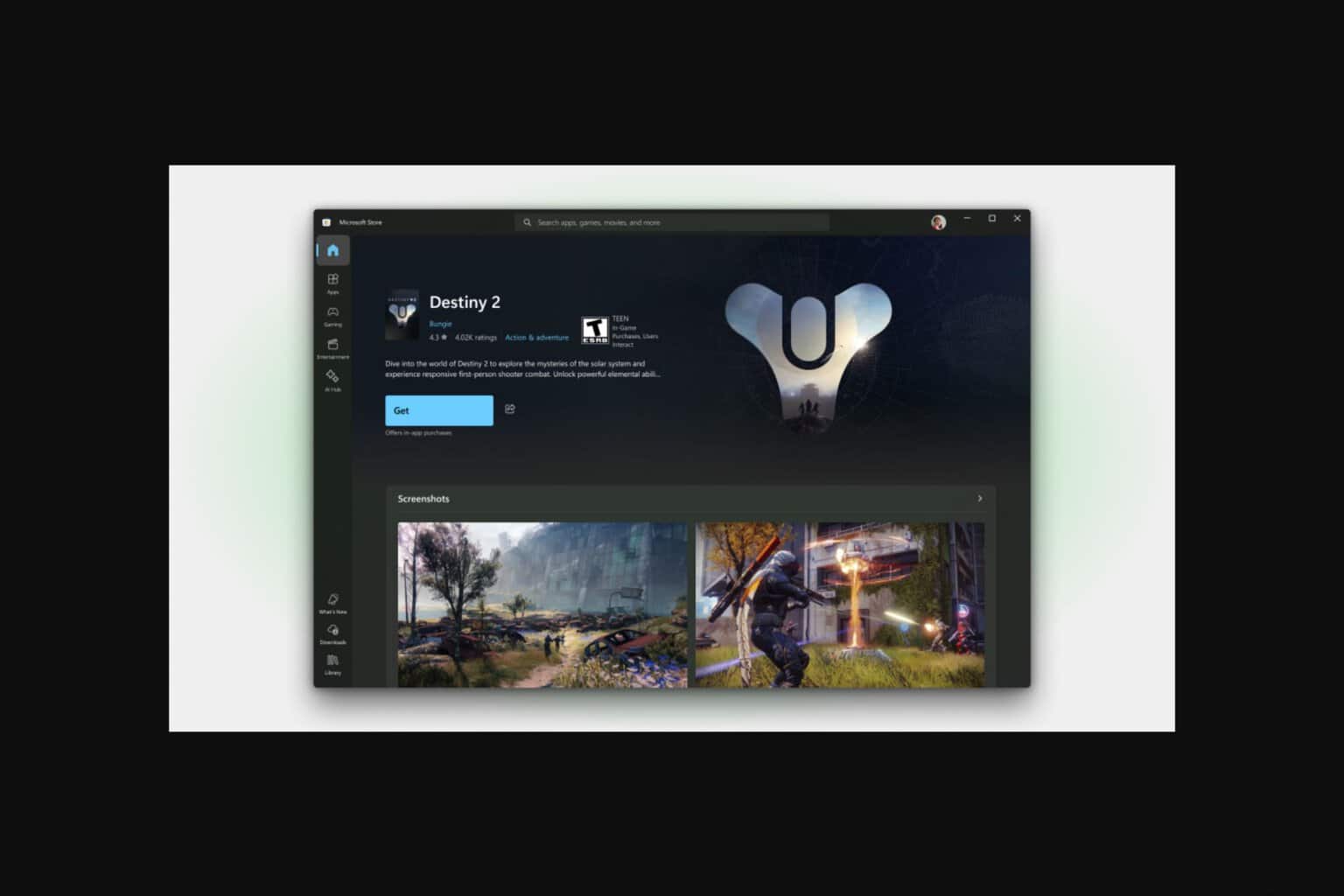

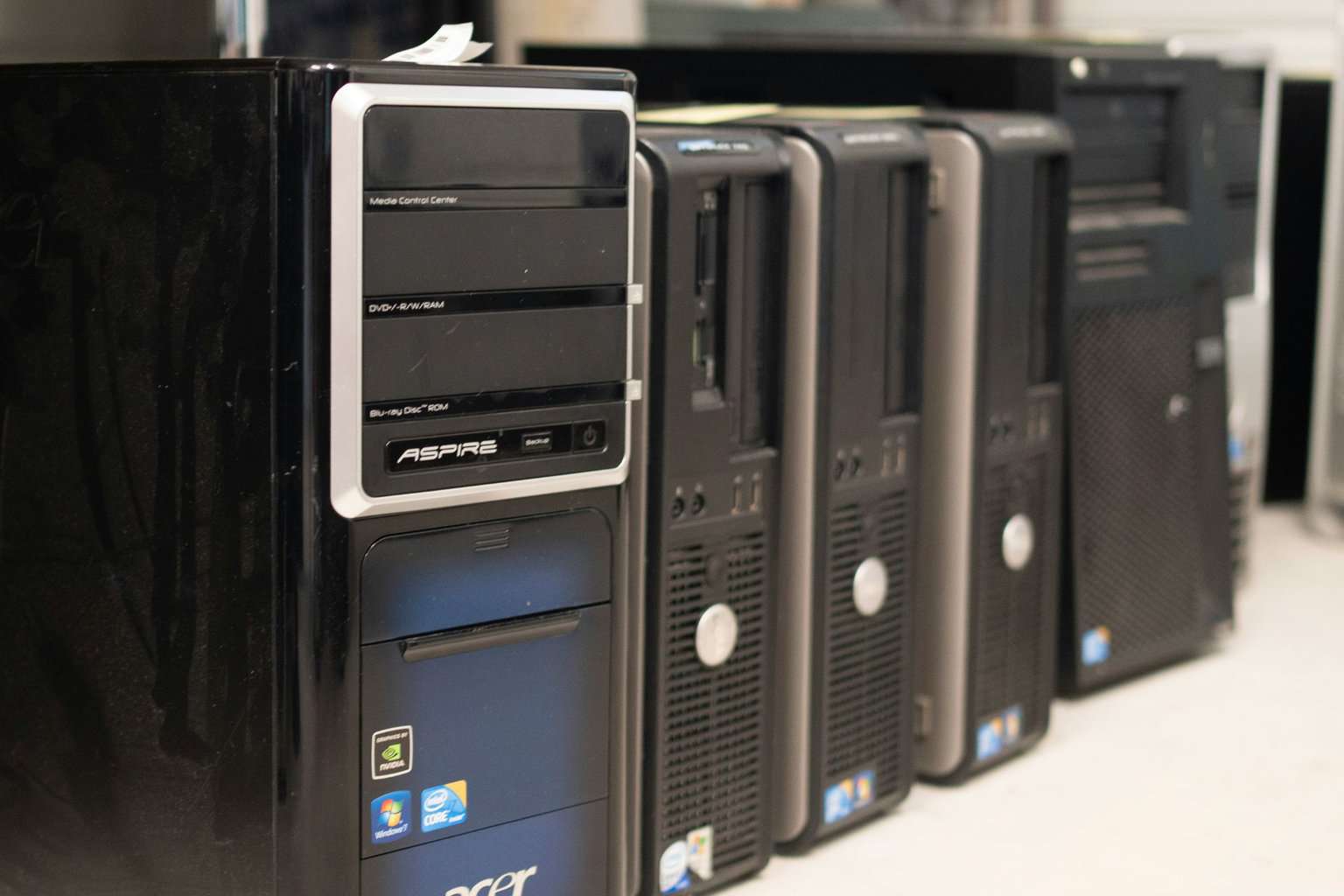
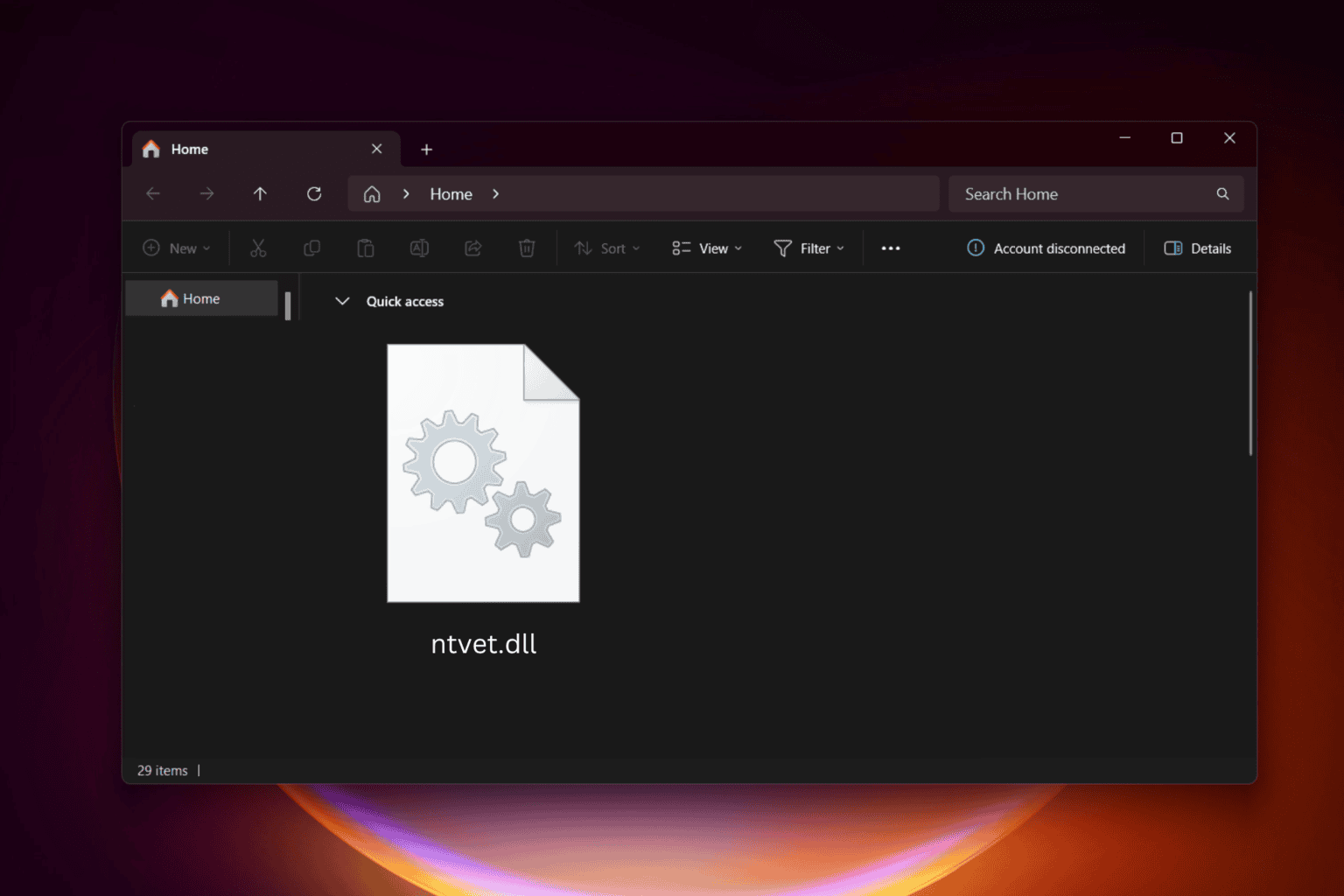
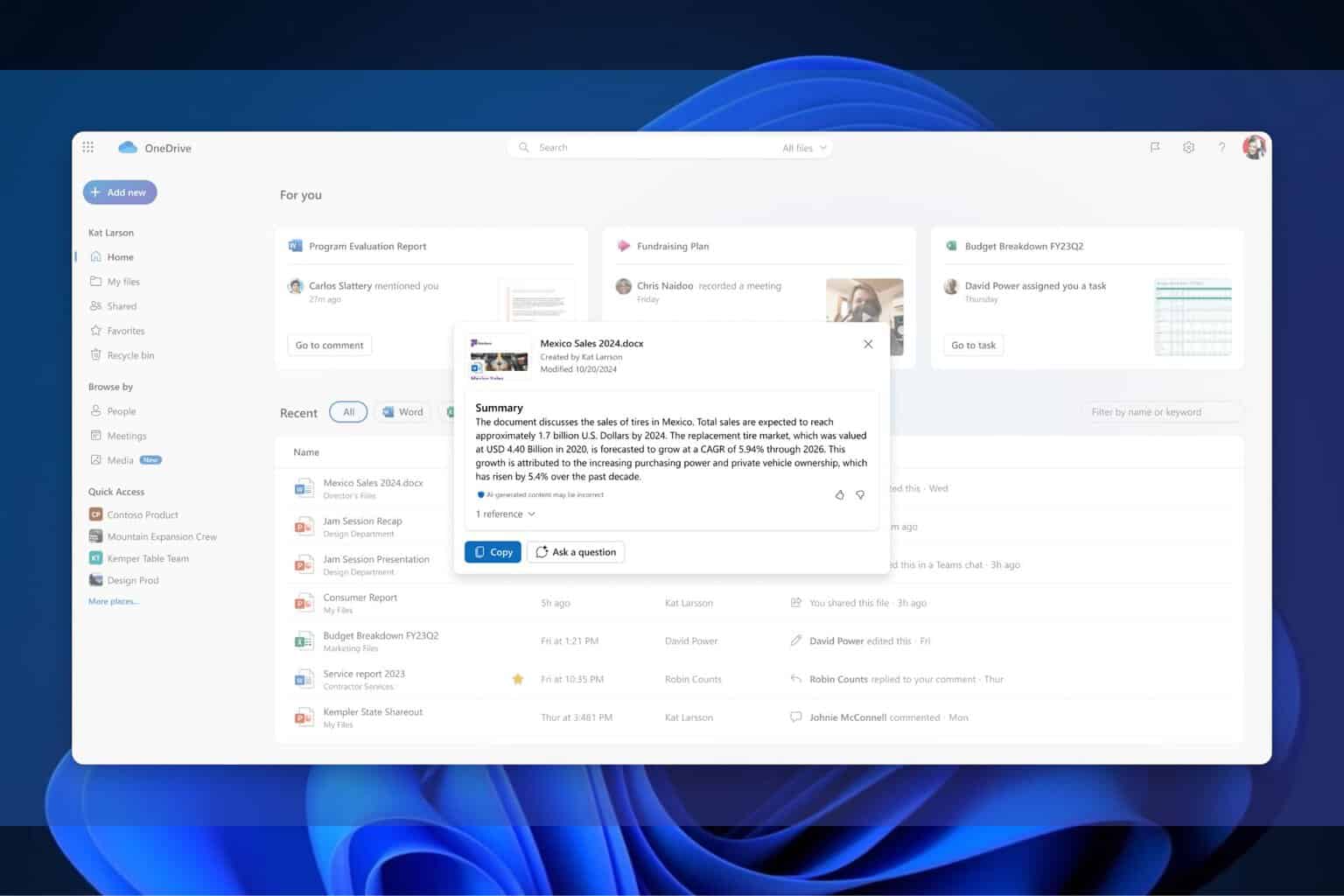
User forum
0 messages